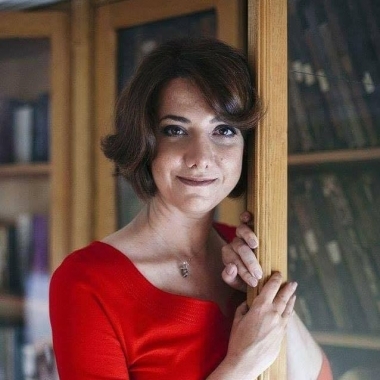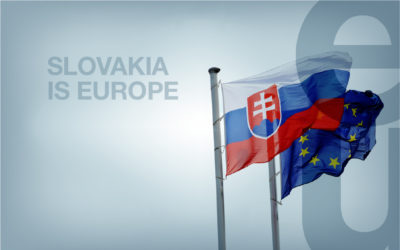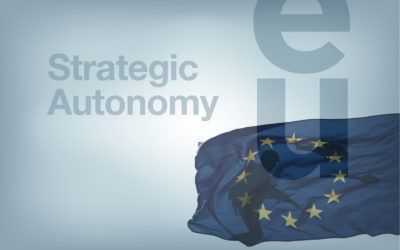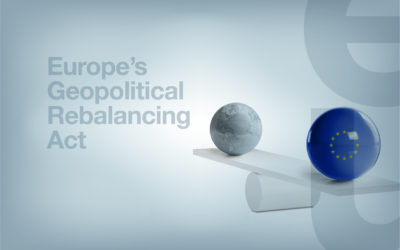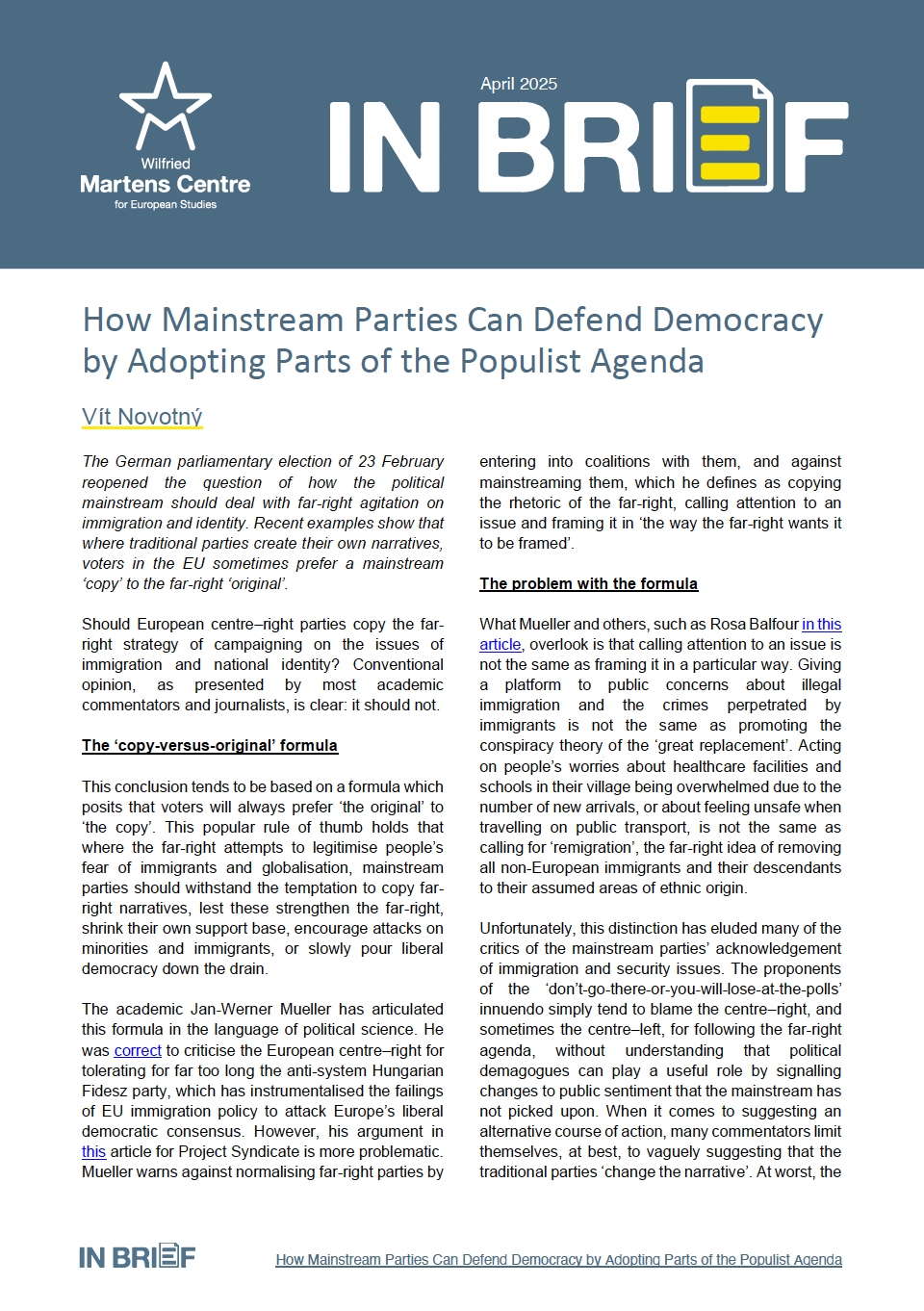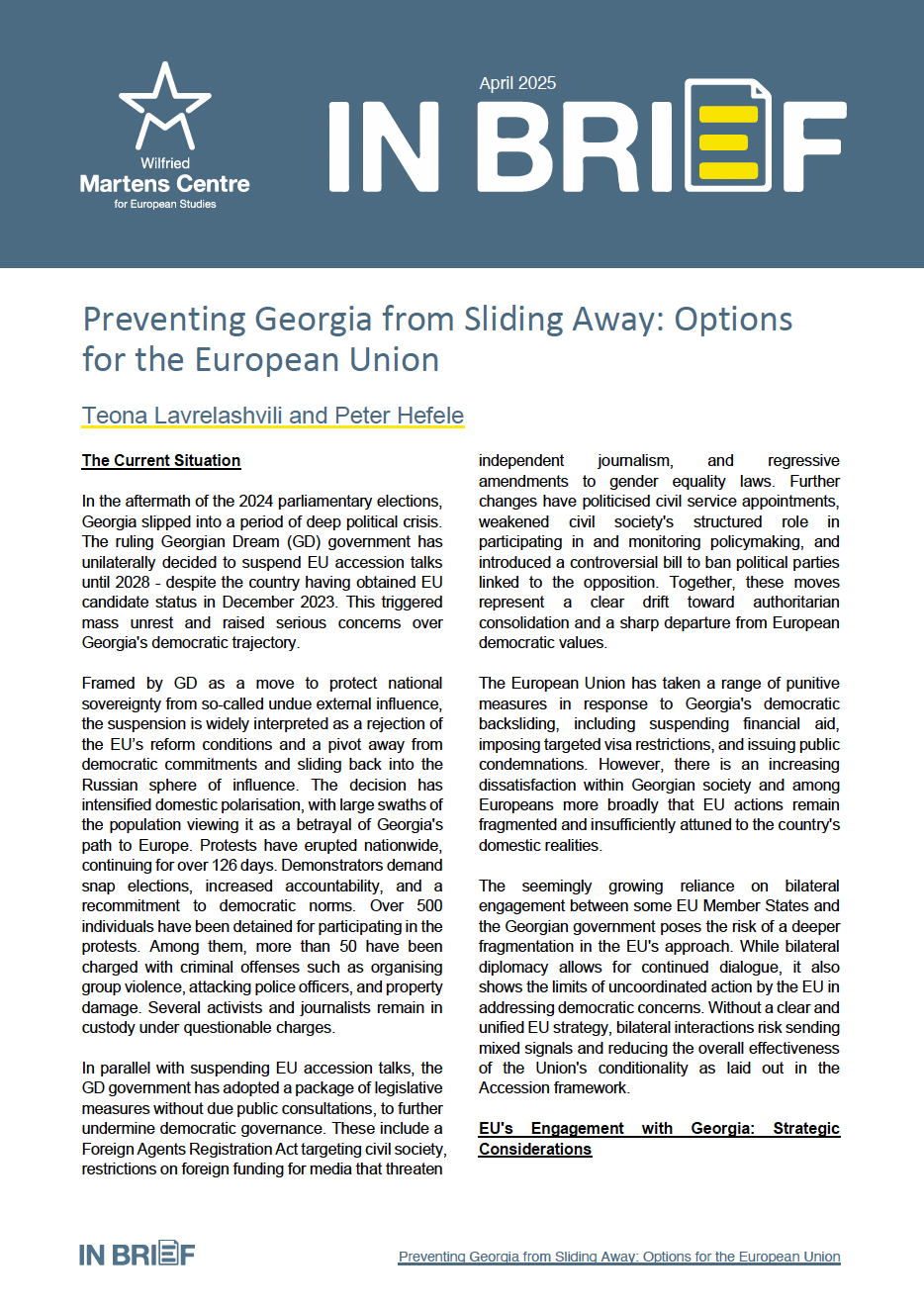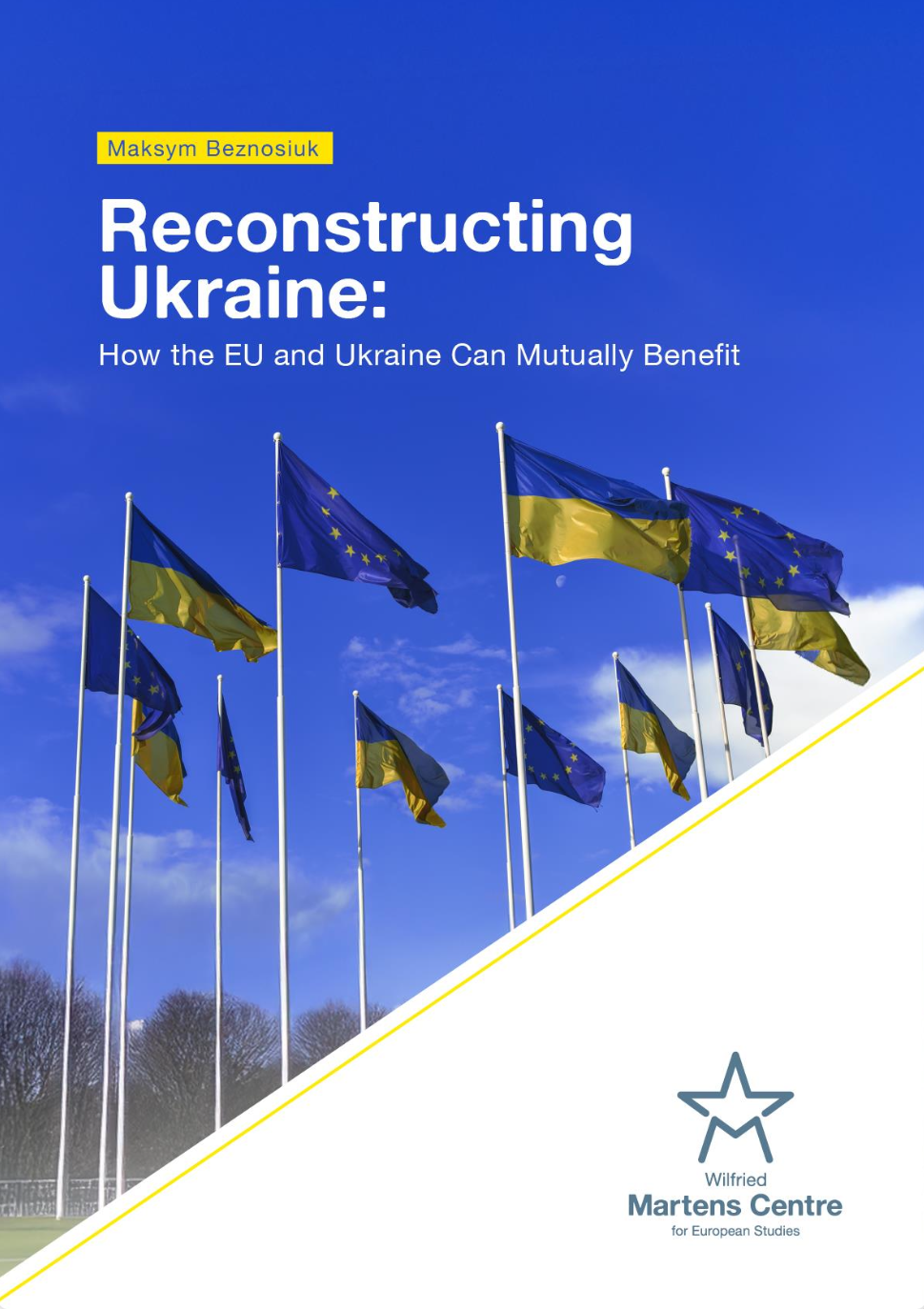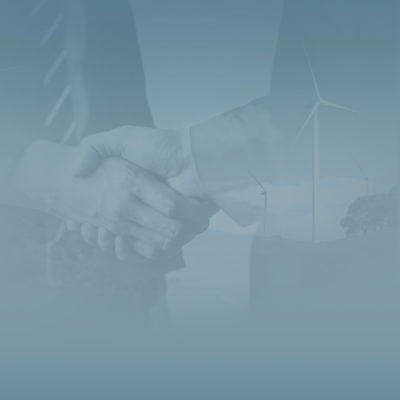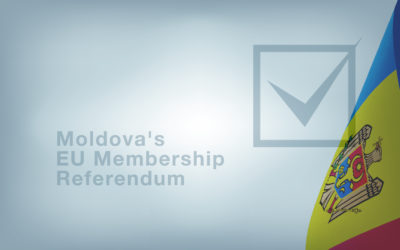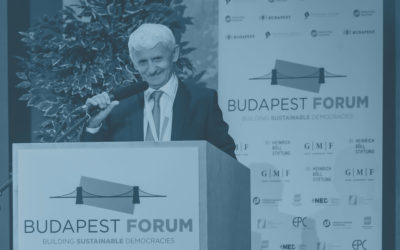Race Against Time-The Democratic Future of Ukraine
18 December 2013
Yanukovych still has the choice to emerge from the current ordeal as the man who has taken Ukraine’s statehood and democracy to the next level, by securing free and fair elections and making its European future irreversible. In exchange he will be allowed to get away with the economic benefits he has gained in his three years in power.
The stakes in the epic battle for securing democratic future of Ukraine have never been higher. A signature of the Association and Free Trade agreements between Ukraine and the EU would have been seen as an irrecoverable loss by Russia under any circumstances. However, if Ukraine’s European future is sealed by the massive democratic movement we are witnessing in Kiev today, it will bring a double blow to current Russian regime. It will create a substantial obstacle on the way of Russia’s ambition to rebuild an empire, but Kiev will also become a “Rubicon” for democracy’s advancement towards Kremlin.
Yanukovych’s refusal to sign the agreements with the EU in the coming weeks will only signal that he has never intended to do so, manoeuvring to buy more time. And time is of essence-Sochi Olympics are already starting to be a disappointing affair for Putin, with the heads of several European states refusing to attend the opening ceremony. Once Sochi is over, however, the Russian President will turn his full attention to the most important jewel of his crown-the Eurasian Union. The 15 billion credit line and substantial cut in gas prices presented to Yanukovych in Moscow, make it clear that the costs of the project, as with Sochi Olympics, do not matter.
In the coming weeks the EU cannot afford to yield-Yanukovych must either sign the agreements with the EU or the new elections are in order. The argument of the opposition is clear: When the elected representatives change the strategic alliances of the country, without having a popular mandate to do so, they lose any legitimacy to take the decisions on behalf of their people.
That said the challenge posed by the new elections, is also considerable. The opposition is divided and Vitali Klichko, the most likely candidate to defeat Yanukovych, lacks the necessary political infrastructure. Yanukovych’s hold on the administrative resources, which he will use to try to falsify the election results and the likelihood of heavy Russian interference, also present a considerable threats to the outcome of the elections.
However, the longer the period of uncertainty lasts, the greater will be the damage to Ukraine-massive collapse of the economy, social unrest and instability, are the most likely consequences. The EU’s margin of interference will diminish even further, as the conditions attached to the EU assistance will never be acceptable to increasingly cornered Yanukovych, focused on his survival. Weaker Ukraine, will be an even easier prey for Russia.
To paraphrase the Austrian Philosopher, Otto Neurath, the countries in transition from authoritarian rule into modern democracy are like sailors who on the open sea must reconstruct their ship. “Where a beam is taken away a new one must at once be put there.” Ukraine and other former Soviet republics are racing against time-longer is the interval between replacement of the beams, greater is the likelihood of sinking. In the coming weeks, the EU and the US need to think strategically how to avert sinking of Ukraine’s democratic future, which is clearly a looming disaster.
While the current administration in the US might think that it is time to take a backseat and let the EU lead in its shared neighbourhood with Russia, Putin views the absence of the US as an opportunity to bring the region back under his neo-imperial rule. The Russian government is only too well aware, when it comes to confronting them, the EU, plagued with its own internal economic problems, is still a rather divided camp. It does not respect the EU’s “soft power.” Transatlantic Unity is a sine qua non for advancement of the democracy in our part of the world. We see encouraging signs of the US reengagement in the region and hope it will continue.
Western support for democracy groups in Ukraine turned out to be the most efficient form of foreign assistance. One can only regret that the leaders of the civic groups behind the mass protests, who today might be Ukraine’s last hope for securing country’s European future, do not have the time to organize themselves into the coherent political force, able to lead beyond street protests. The West needs to continue assisting broad democratization in the countries of the former USSR-helping to replace the Soviet citizens used to passivity with the ones who know how to hold their governments accountable.
Granted that Yanukovych does not sign the agreements with the EU in the nearest future, it will be up to these groups, supported by the Western political pressure, to force Yanukovych to call early elections. The West should already start mobilizing massive electoral assistance to Ukraine to prevent electoral fraud, securing the right of the Ukrainian citizens to have their voices heard through the ballot box.
Yanukovych should feel a real threat of becoming an international pariah in case he tries to steal the elections. A serious discussion of the potential sanctions against Yanukovych and his economic interests in Europe and the United States would be a good start.
Finally, convening an internationally mandated group of experts to look at real economic foes of the country and considering the potential need for “Marshal Plan” for Ukraine, which the country will likely need in order to shore up its economy, as the political crises deepens, would also be helpful.
Yanukovych still has the choice to emerge from the current ordeal as the man who has taken Ukraine’s statehood and democracy to the next level, by securing free and fair elections and making its European future irreversible. In exchange he will be allowed to get away with the economic benefits he has gained in his three years in power.
An alternative would be abandonment to the mercy of Vladimir Putin. If this choice is clearly framed, one might hope that if not patriotism or other sentiments of higher moral category, than a simple instinct of self-preservation prevails and Ukraine will be given a chance to win the race against time, securing its democratic future.
[Originally published on EurActiv.com: http://ces.tc/1fDVP3Z ]
ENJOYING THIS CONTENT?


